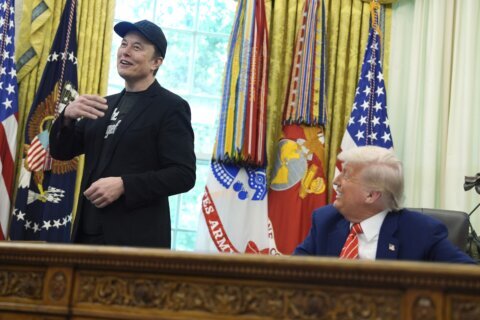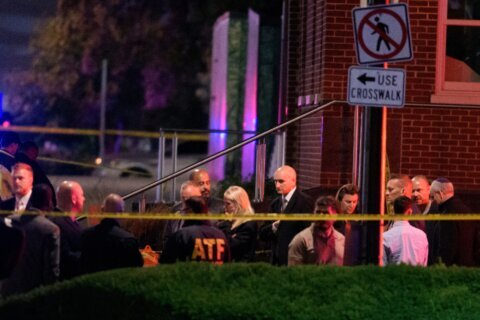Over the past 24 hours, Russia has escalated a campaign that stretches far beyond the conventional battlefield.
From Kharkiv to Berlin, Bamako to Brussels — and now Los Angeles — the Kremlin is executing a global hybrid strategy that combines cyberwarfare, sabotage, covert military operations and political manipulation.
The purpose isn’t simply to win in Ukraine — it’s to outmaneuver the West by destabilizing it from within and below the threshold of open war.
At the heart of this strategy is the erosion of NATO’s credibility. Germany’s BND, the country’s foreign intelligence service, now publicly warns that Russia is probing the alliance’s Article 5 commitment — the cornerstone of NATO collective defense.
These provocations may come through cyberattacks, espionage networks or gray-zone operations like infrastructure sabotage. The aim is not just to intimidate Eastern European states, but to trigger hesitation and division among Western leaders. In doing so, Russia bets it can fracture unity before NATO can effectively respond.
One of the most telling examples emerged Tuesday, as Russia-linked media channels and amplification networks spread disinformation around the ongoing immigration-related protests in Los Angeles.
Videos of false flag violence, fake messages attributed to Mexican officials and manipulated narratives about paid protesters flooded U.S. social platforms — many traced back to known Russian propaganda channels.
It’s a textbook execution of the Kremlin’s “fire hose of falsehood” doctrine: high-volume, low-fidelity messaging designed to overwhelm truth, inflame tensions and pit Americans against each other. For Moscow, every domestic fracture in the U.S. is a battlefield victory.
Simultaneously, Russia is reasserting its global influence through shadow operations. In Africa, the newly reconstituted “Africa Corps” — a GRU-directed force following Wagner’s collapse — is delivering advanced arms and mercenaries to regimes and insurgents. This extends Moscow’s reach while undermining Western influence and extracting resources critical for Russia’s wartime economy. In Iran, deepening nuclear cooperation reveals how Russia is hedging against U.S.-led sanctions by reinforcing a bloc of autocratic states defying Western norms.
Espionage remains central to this effort. Recent intelligence reveals Russia’s renewed reliance on GRU Unit 29155 and FSB cutouts to conduct sabotage, assassinations and AI-driven disinformation campaigns across Europe. These are not scattershot operations — they’re coordinated attempts to weaken the West’s institutions, exploit societal fault lines and undermine confidence in democratic systems.
What ties all these operations together is the psychological dimension. As Ukraine’s drone strikes inflict damage deep inside Russian territory — including on strategic bombers — Putin seeks to project strength through escalation elsewhere. By launching asymmetrical offensives and covert campaigns abroad, the Kremlin masks its battlefield losses with strategic aggression.
Ultimately, Russia’s goal is not just battlefield victory — but long-term disruption of the liberal international order. The West faces a patient adversary, one that fights in shadows, plays for time, and thrives on ambiguity. It’s a war of endurance — and unless democratic societies adapt to this diffuse threat landscape, they risk losing not with a bang, but with a thousand silent cuts.
Get breaking news and daily headlines delivered to your email inbox by signing up here.
© 2025 WTOP. All Rights Reserved. This website is not intended for users located within the European Economic Area.








